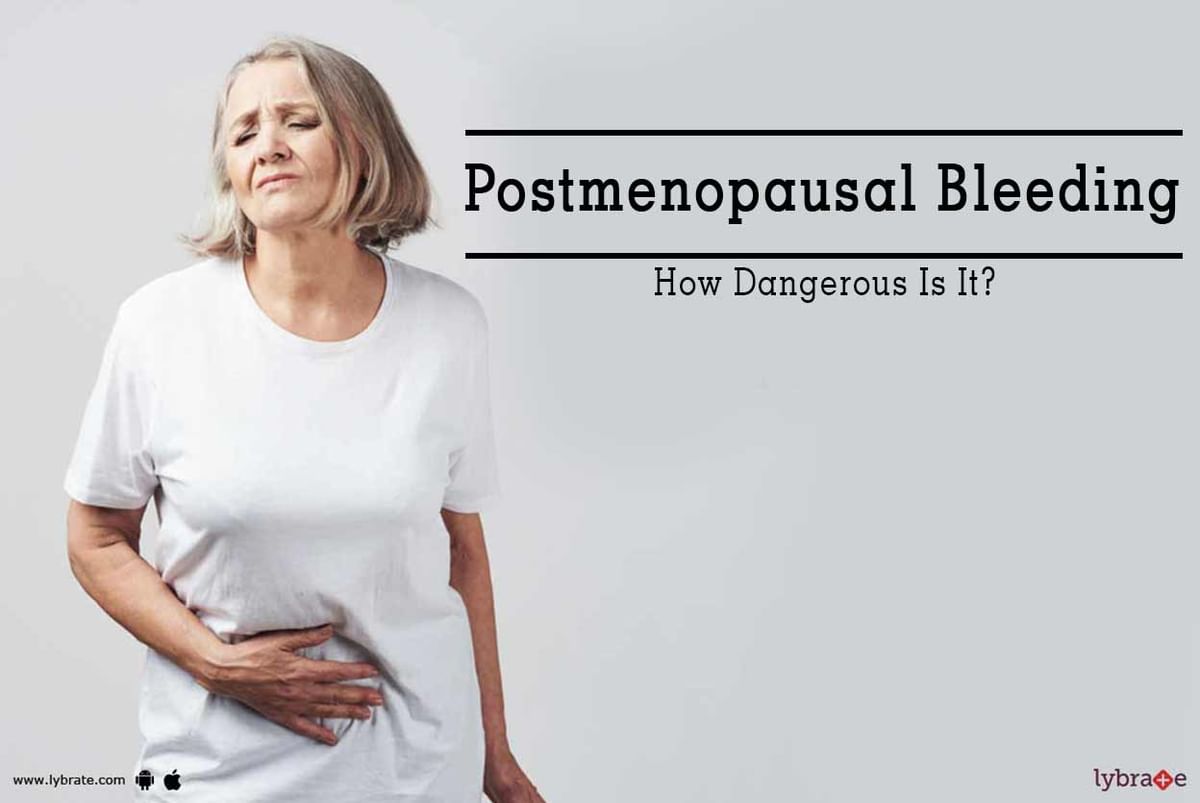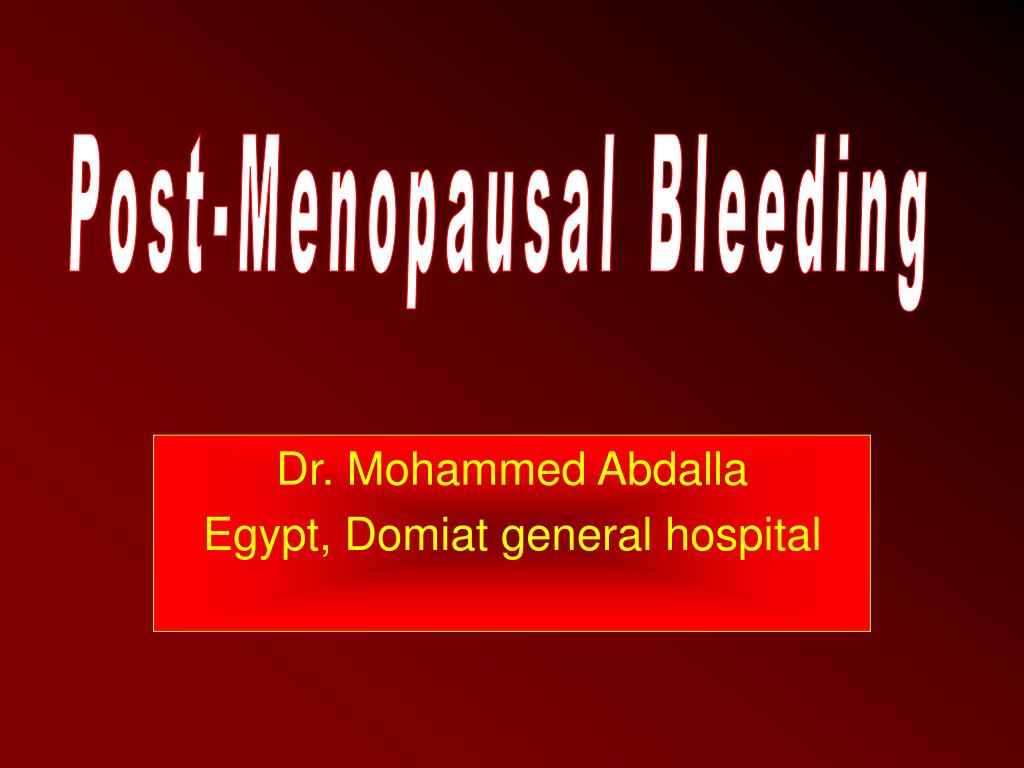The Postmenopausal Women - Endotext - NCBI Bookshelf
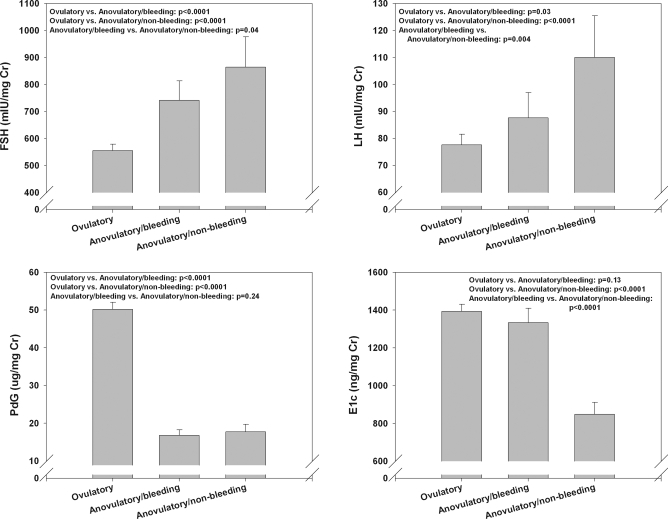
The menopausal transition marks a time of great variability in reproductive hormones, and this variability can be responsible for specific symptoms, such as hot flashes and mood disturbances. Once a woman who is more than 45 years old has gone for 12 months without a menstrual period, she is considered to be menopausal and has consistently low circulating estradiol and elevated gonadotropins. Estrogen is the most efficacious therapy for bothersome vasomotor symptoms. Although estrogen exerts clear-cut protective effects on the cardiovascular system in premenopausal women, medical evidence does not support its use for the prevention of cardiovascular disease. Estrogen is generally not a first line agent for bone preservation in women without concurrent menopausal symptoms, despite its antiresorptive effects. Non-hormonal alternatives to estrogen and new, tissue specific estrogen complexes (TSECs) are now FDA approved and available for clinical use to treat common menopausal symptoms. For complete coverage of this and all related areas of Endocrinology, please visit our FREE on-line web-textbook, www.endotext.org.
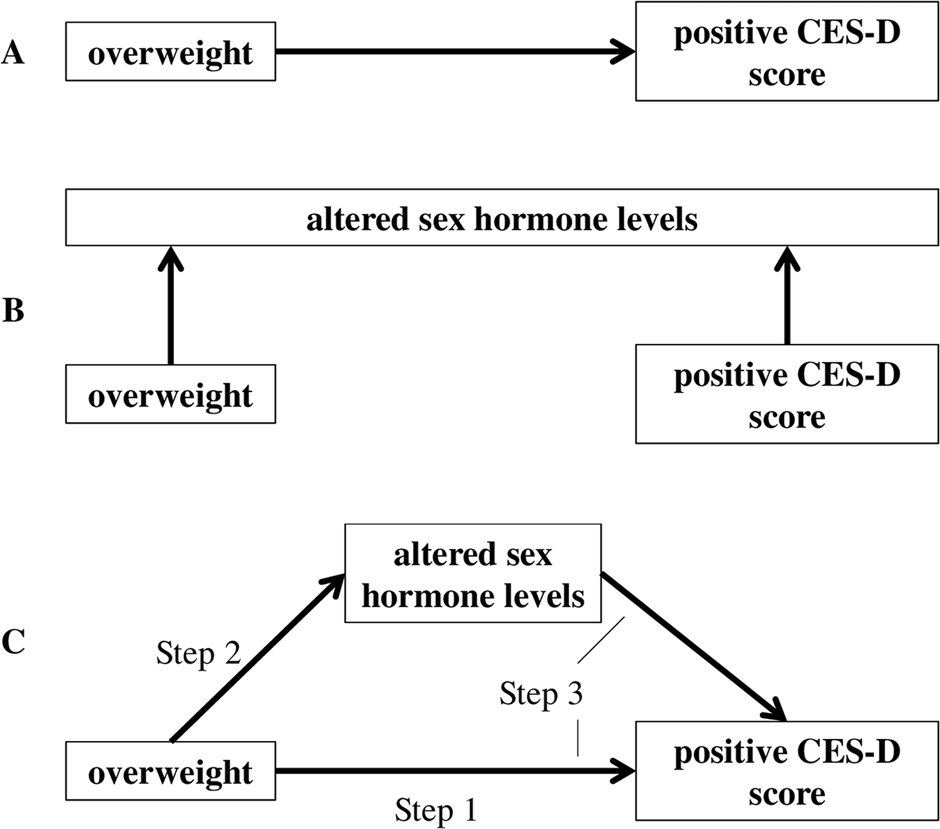
Testosterone imbalance may link depression and increased body weight in premenopausal women

The Clinical Impact of the Women's Health Initiative (WHI): Entering a New Era in Managing Postmenopausal Health Issues, Whi

Evaluation of Amenorrhea, Anovulation, and Abnormal Bleeding - Endotext - NCBI Bookshelf
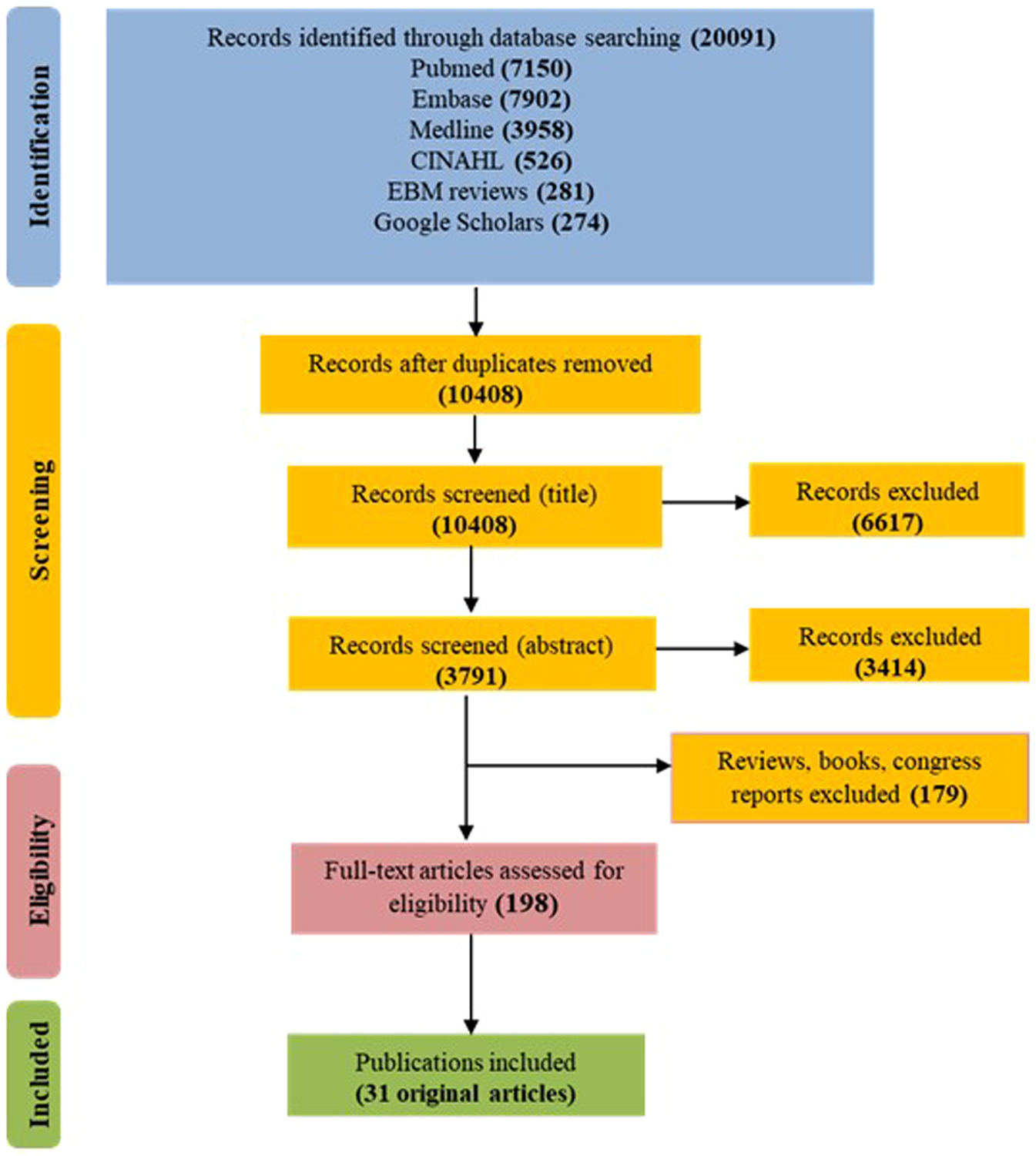
Metabolomic and Lipidomic Signatures of Metabolic Syndrome and its Physiological Components in Adults: A Systematic Review
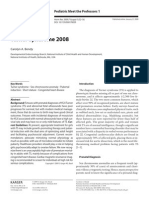
Dysmenorrhea in Adolescents

Menopause, PDF, Hormone Replacement Therapy (Menopause)
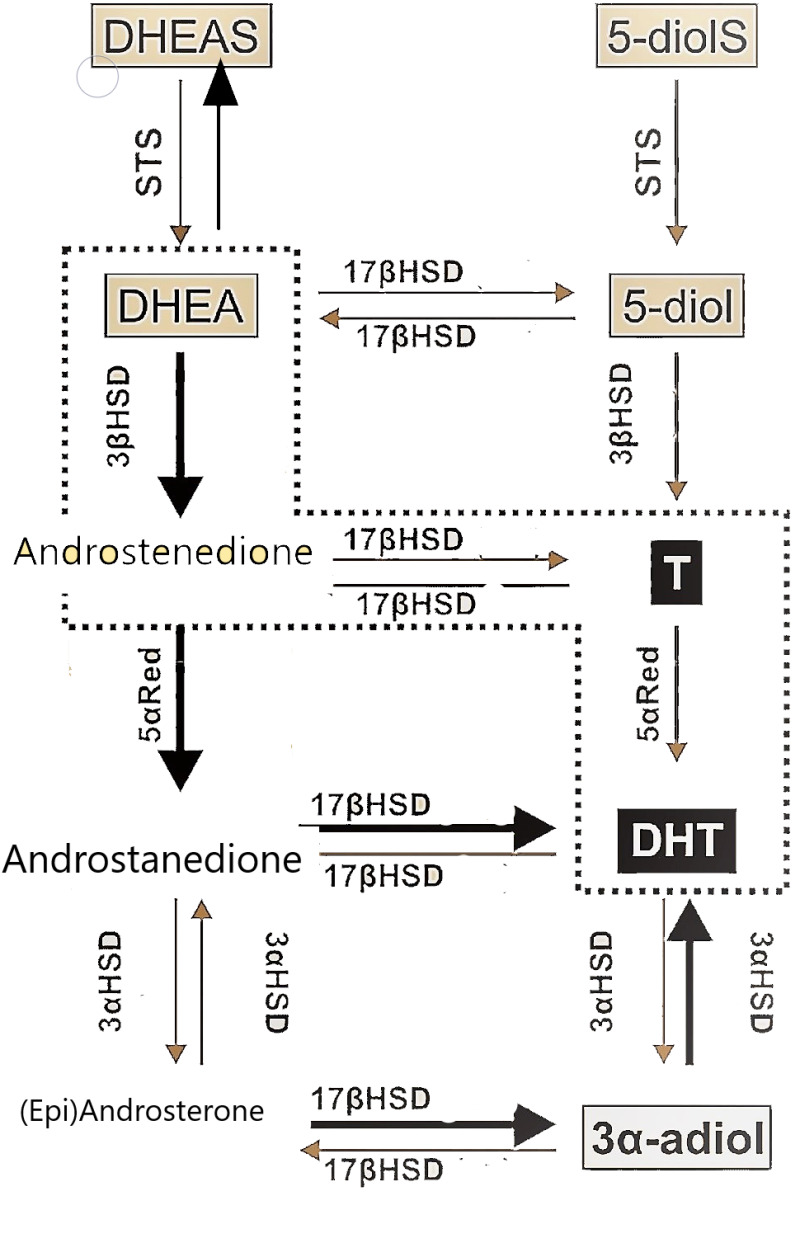
Adrenal Androgens and Aging - Endotext - NCBI Bookshelf

Immunology and Osteoporosis: A New Frontier in Treatment

Clinical manifestations and diagnosis of menopause - UpToDate, PDF, Menopause

Ginecologia - Perimenopausia, PDF, Menopause

